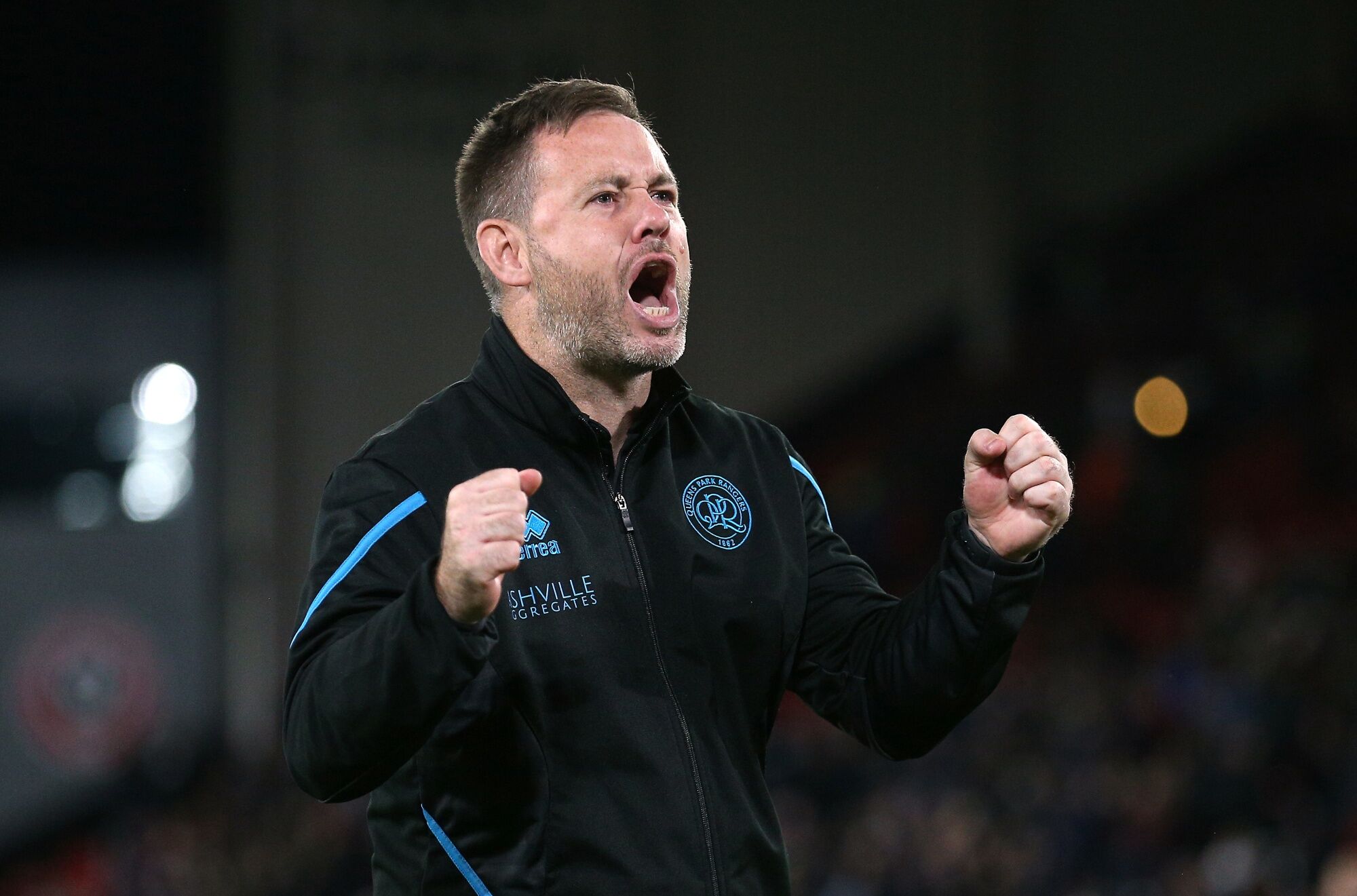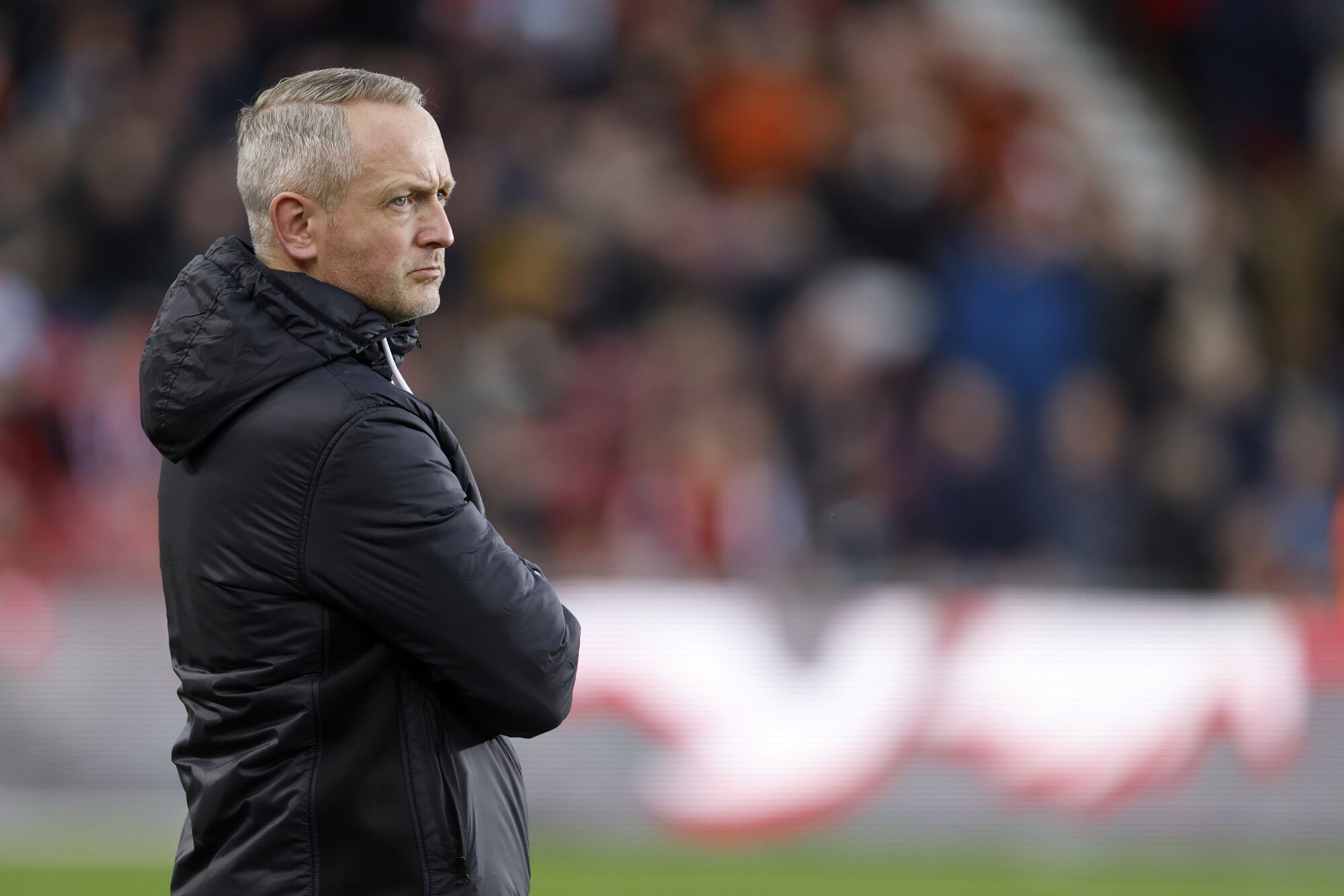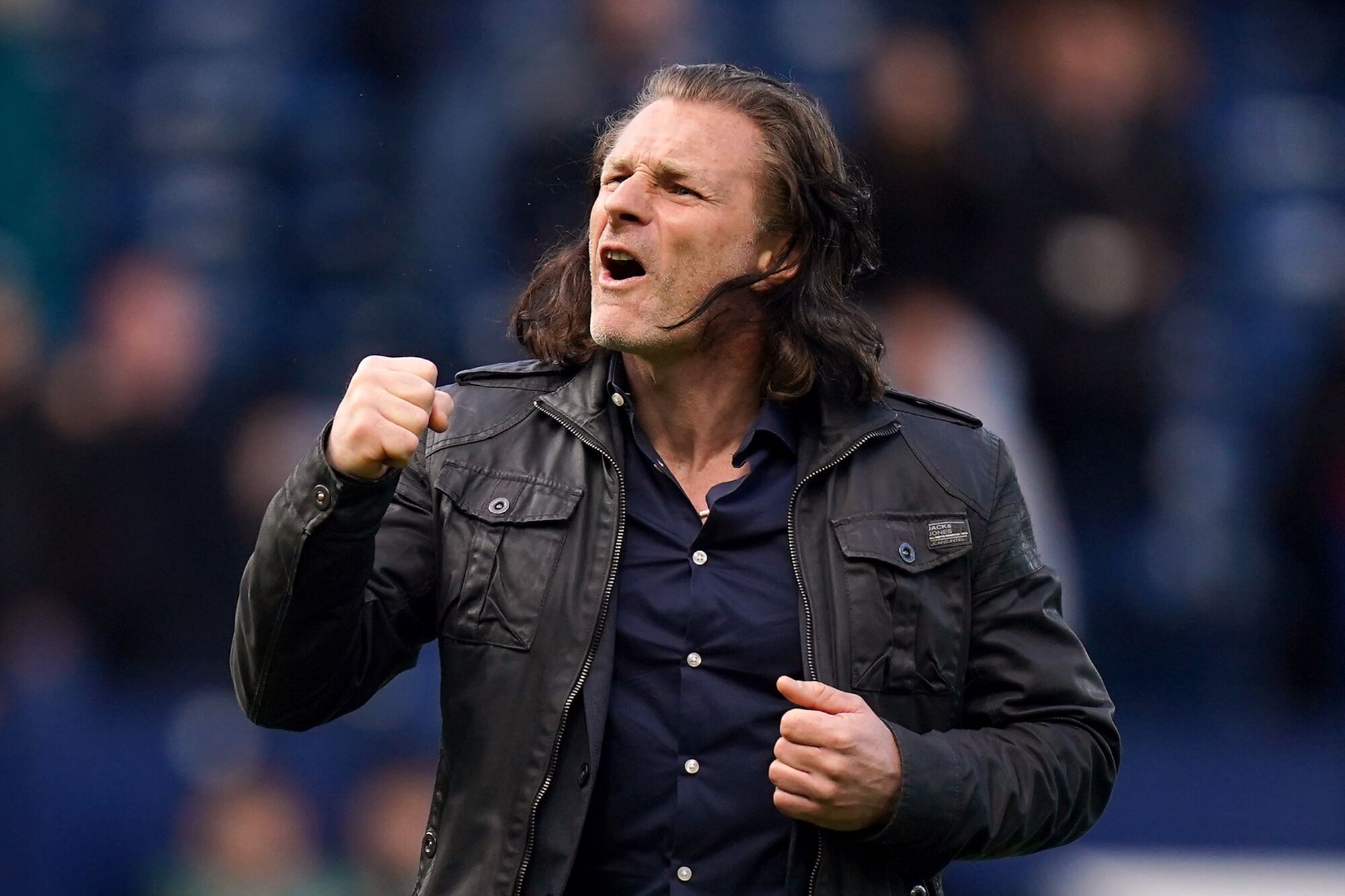After three managerial changes and spectacularly falling from promotion hopefuls to relegation candidates, QPR’s 2022/23 campaign can be summed up as nothing short of turbulent.
The start of the season saw the arrival of Mick Beale as Mark Warburton’s managerial successor with the former Aston Villa assistant recruiting heavily from a number of Premier League sides.
Tim Iroegbunam (Aston Villa), Ethan Laird (Manchester United) and Tyler Roberts (Leeds United) arrived on season-long loan deals while Jake Clarke-Salter joined on a free transfer following his departure from Chelsea.
Following one win in their opening five league games and an early exit from the League Cup, QPR slowly began to kick into gear to find themselves top of the table at the end of October following a hard-fought 2-1 victory over Wigan.
Under Beale, QPR’s football was impressive as the head coach expertly created a tailor-made game plan for each opposition his side came up against to give them the best chance of success each time out.

With his impact around Loftus Road appearing immediate, it was no surprise Premier League suitors were circling but Beale’s rejection of Wolves’ advances suggested he was in it for the long haul.
A slight dip in form ahead of the World Cup followed as the side gave away soft goals while struggling to score themselves but, still finding themselves sixth in the table, it would have been seen as only minor tweaks to what had been largely a positive start to Beale’s tenure.
However, that was all to change when Scottish giants Glasgow Rangers came calling for the QPR boss with the allure of returning to Ibrox, where he had previously spent three successful years as first-team coach, too much to resist.
Enter Neil Critchley, the former Blackpool manager who had recently left his assistant role at Aston Villa after the sacking of Steven Gerrard.
His first match in charge saw QPR gain a battling 1-0 victory over Preston North End in what proved to be the only bright spot of his time in charge as the side subsequently went on a 11-game winless run.
Despite the added frustration of injuries piling up, Critchley nevertheless failed to instil a winning mentality into a side that was increasingly becoming devoid of confidence.

Therefore, it was no surprise to see the 44-year-old relieved of his duties having taken just eight points from a possible 36, leaving Loftus Road with a win percentage of just 8.33% – the lowest of any permanent QPR manager in the club’s history.
Two days later, ex-QPR player and Wycombe manager Gareth Ainsworth was appointed on a three-and-a-half year deal with his eccentric style in sharp contrast to the quiet nature of Critchley.
Sitting 17th in the table and just eight points above the drop zone, Ainsworth’s remit was very different to those of his predecessors – simply to maintain the club’s Championship status with a squad that had failed to be sufficiently strengthened in the January transfer window and depleted by injuries.
READ MORE: There’s blame to go around after Neil Critchley’s short-lived QPR reign
Ever the optimist, Ainsworth preached positivity from the moment he arrived in W12 and quickly sought to celebrate every small victory wherever possible – be it a well-timed tackle, excellent pass or effort on target.
Three games into his spell, he was rewarded with his first victory as QPR boss with a 1-0 win over Watford ending a 12-match winless run before a 6-1 drubbing against relegation-bound Blackpool kick-started another seven match winless streak.
And although this left the Hoops in a precarious position as the season entered its final furlong, there were visible shoots of recovery during this period – most notably a comeback from two-goals down to salvage a draw away to Play-Off chasing West Bromwich Albion.

Yet there’s no doubt QPR’s most important win of the season came with just three games remaining as they stunned run-away leaders Burnley to claim a 2-1 Turf Moor win after a late Chris Martin strike.
Prior to the fixture QPR were just a point above the drop zone but with just 19% possession on the day, the unexpected win massively bolstered survival hopes and ensured their fate was very much in their own hands.
A 1-0 win over Stoke City the following weekend secured safety, allowing for a collective sigh of relief from fans and players alike as well as marking the first time the side had won back-to-back games since late October.
Now, with safety secured and a rollercoaster of a season wrapped up, it is likely to be a busy summer of rebuilding for Ainsworth and his backroom staff.
With a number of out-of-contract players and loanees, there is little left to the squad with valuable assets such as Ilias Chair and Chris Willock likely to be sold to alleviate the club’s dire financial situation.
QPR’s free-fall down the table was unprecedented and many will be looking to quickly forget this season, relieved that the threat of League One was merely a bad dream and not a harrowing reality.